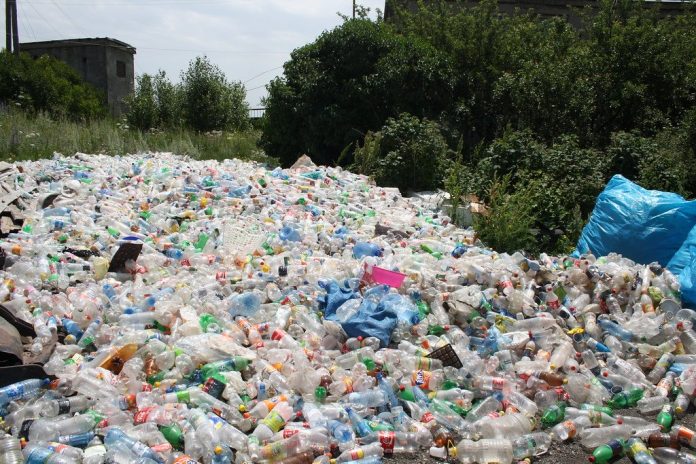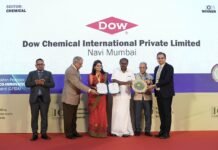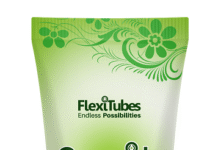Dow has announced an agreement with French recycling company Valoregen to contribute to building the largest single hybrid recycling site in France, to be owned and operated by Valoregen.
The collaboration is a further example of how Dow is working with companies across Europe and worldwide to invest in innovative new recycling solutions, accelerate circularity and tackle the issue of plastic waste.
Fabrice Digonnet, mechanical recycling strategy leader for Dow Packaging & Specialty Plastics, said, “We are delighted to work with Valoregen on this innovative new project that can help give recycling in Europe a real boost. Recycling rates for plastics are still far too low, and we need to help scale the technology and ensure a viable market for plastic waste. Our investment will help increase mechanical recycling rates and, in doing so, help accelerate a circular economy for plastics and reduce carbon emissions. We are excited to offer our investment and expertise on this ground-breaking initiative. Continuing to scale up circularity solutions for our customers.”
The project, which is expected to be operational and delivering recycled materials at the end of Q1 2023, will mark an important step in bringing together mechanical recycling (which processes certain plastic waste into secondary products) and newer, advanced recycling processes (which breaks downmixed, hard-to-recycle plastics into their original naphtha-like liquid form to manufacture new virgin-like polymers).
Valoregen’s ultimate aim is to create a unique ecosystem capable of recycling all forms of plastic waste in one place. Both mechanical and advanced recycling technologies are complementary and essential to achieving Dow’s commitment to incorporate at least 100,000 tonnes of recycled plastics in its products sold in the European Union by 2025.
Thierry Perez, president of Valoregen, commented, “Dow’s collaboration and trust in Valoregen’s innovative and disruptive model have been key to the project’s success, and we are pleased to formalize this partnership. Our committed team has developed a concrete, agile solution that contributes to the circular economy of plastics and advances decarbonization. This next-generation solution will achieve recycling for high-end technical packaging applications. We are delighted to work so closely with Dow towards circular solutions.”
By bringing these technologies under one roof, the plant will increase energy efficiency by enabling a yield greater than 80%, well above the average conventional mechanical recycling efficiency of approximately 60-70% – minimizing waste – thanks to a smart energy management system. Valoregen will also reduce the overall carbon emissions produced from these processes as it strives to limit the transportation of waste products to different sites.
Dow will be the main recipient of post-consumer resins, which it will use to develop new plastic products marketed under Dow’s Revoloop product range. It will also provide significant expertise in recycling technology to Valoregen to support the development of its capabilities.
Mechanical recycling remains a significant element of Dow’s circularity strategy, including ensuring Valoregen can scale production to increase European recycling. Mechanical recycling currently accounts for the vast majority of plastics recycling. However, rates are still too low. Dow will continue to work with Valoregen to develop the ecosystem with advanced recycling. The classified installation has authorized the site for the protection of the environment (ICPE – Installation Classée pour la protection de l’Environnement).
The investment was structured and led by Dow Venture Capital which is focused on pursuing strategic investments in innovative start-up companies that enable and accelerate Dow’s business and value growth.
The collaboration with Valoregen represents another example of Dow’s efforts to meet its sustainability, climate, and plastic waste reduction targets. These include –
Close the Loop – By 2035, Dow can help “close the loop” by having 100% of its products sold into packaging applications be reusable or recyclable. Dow is committed to redesigning and offering reusable or recyclable solutions for packaging applications. Currently, 85% of its products fit this category.
Protect the Climate – By 2030, Dow will reduce its net annual carbon emissions by 5 million metric tons, or 15% from its 2020 baseline. Additionally, Dow intends to be carbon neutral by 2050, in alignment with the Paris Agreement. The company is committed to implementing and advancing technologies to manufacture products using fewer resources that help customers reduce their carbon footprint. For example, Dow and Shell are progressing on a technology program to electrically heat steam cracker furnaces, which has the potential to significantly reduce CO2 emissions from one of the central processes of the chemical industry.
Stop the Waste – By 2030, Dow will help ‘stop the waste’ by enabling 1 million metric tons of plastic to be collected, reused, or recycled through its direct actions and collaborations. The company is investing and collaborating in key technologies and infrastructure to increase global recycling significantly.











